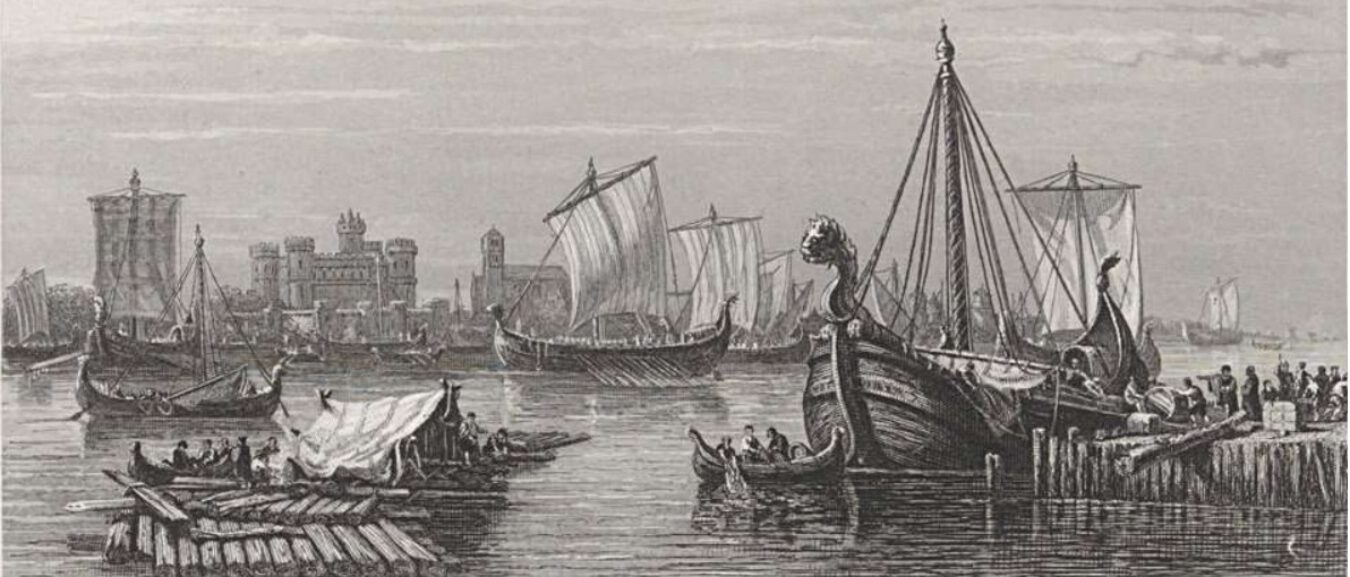Lada is a goddess in Slavic mythology who was associated with beauty, love, and fertility. She was often depicted as a beautiful young woman, dressed in a long robe and holding a sheaf of wheat or flowers.
Lada was revered as a gentle and kind deity who presided over the natural world and the cycles of growth and harvest. Her association with beauty and love linked her to the cycles of life and birth, and her worship was closely tied to the institution of marriage and the importance of family.
In addition to her role as a goddess of beauty and love, Lada was also associated with music and poetry. Her ability to inspire creativity and passion was highly valued, and her image was often used in songs and poems to praise the beauty of the natural world and the virtues of love and friendship.
Lada was especially venerated by women, who saw her as a protector and guide in their daily lives. Her worship often involved offerings of flowers, wheat, and other foodstuffs, as well as the use of charms and spells to bring good luck and ensure a happy marriage.
Despite the Christianization of the Slavic people, Lada remained an important figure in their folklore and traditions, and her image was often associated with the power of the natural world and the importance of love, beauty, and creativity. Today, she is often celebrated as a symbol of feminine grace, beauty, and the power of the natural world to inspire and delight.

